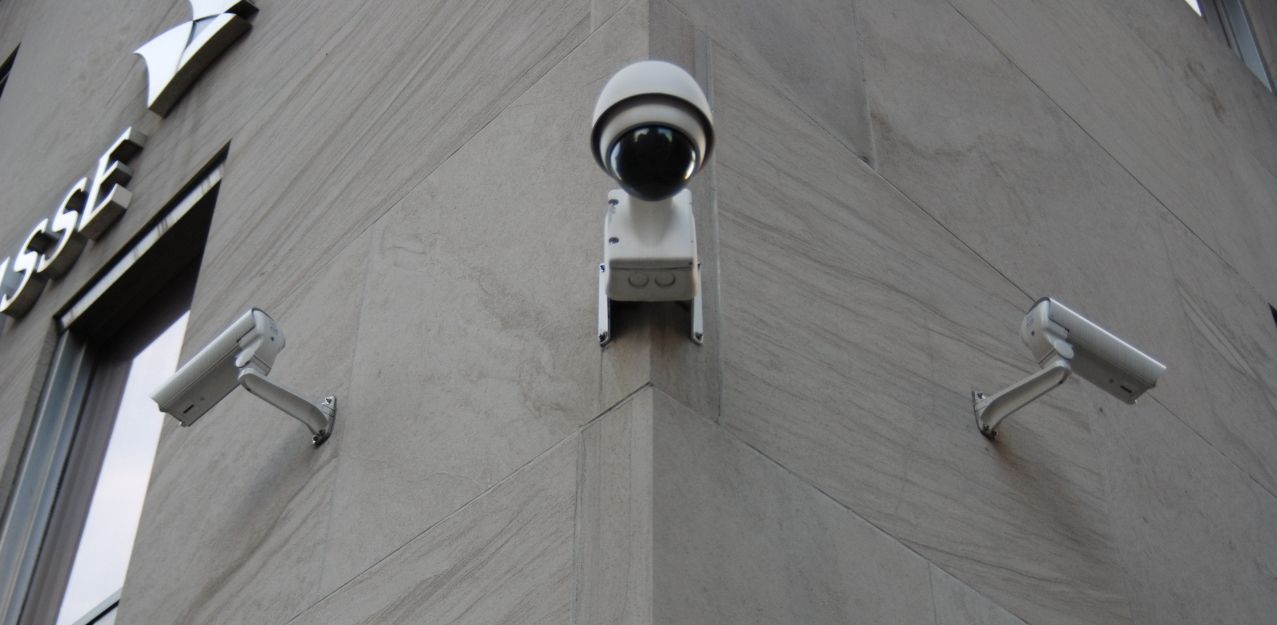The credo that we need more and more surveillance to fight terror is wrong. Here is why.
The truth is that the politicians answer to the threat of terror after every attack in recent history is an increased surveillance and more laws to infringe everybody’s privacy. The German Interior Minister de Maizière said only hours after the Brussels attack in March that “data privacy is nice, but in times of a crisis security is a priority.
Since 9/11 this is the credo of politicians around the world. In almost every Western country the laws have been changed in a way that the authorities have increased capabilities to monitor their own citizens. It seems that values guaranteed to the citizens by most constitutions - like the right to privacy - are not worth the paper they are written on anymore.
But if we look at the recent attacks, we learn that a general surveillance of all citizens is not only wrong and damages the values of our Western societies immensely, on top of that it does not work.
While politicians around the world glorify surveillance as the salvation from all terrorist threats, the facts speak a different language. In truth, the facts are extremely frightening.
In the EU there have been five attacks by Islamists in the last two years:
- attack on the Jewish Museum in Brussels, May 2014
- attack on Charlie Hebdo and a jewish supermarket in Paris, January 2015
- attacks in Kopenhagen, February 2015
- attacks in Paris, November 2015
- attacks in Brussels, March 2016
In these five attacks there were 17 Islamic terrorists involved.
Bitter Truth: Terrorists Have Been Known to the Authorities Prior to the Attacks
And here is the bitter truth why a general surveillance of the public does not work: Out of these 17 attackers, so far 15 have been identified. All 15 were known to the authorities PRIOR to the attacks and in an Islamic context.
If you look closer, it gets worse: All 15 identified attackers were already listed on ‘terror warning lists’ in at least one European country. Many of them were also listed elsewhere, for instance on the No-Fly-List or the TIDE of the United States. All 15 were known as violent-prone. 14 were known to having been in contact with radical Islamists. 12 had traveled to the ‘Islamic State’ in Syria, in the Iraq or to al Qaeda in Jemen. Ten have been previously convicted, most of them because of violence crimes. Eight of them were already sought for by the police for many years.
We Do Not Need More But Better Surveillance
It becomes clear that we do not need MORE surveillance, but BETTER surveillance of already known criminals. Why then, don’t politicians want to invest in this field? Is it because mass surveillance on the Internet is very cheap while intensive surveillance of possible terrorists is very costly.
It is true, for a close surveillance of possible threats we need a lot of well-trained personnel within the police force. But wouldn’t that be better than copying each and everyone’s phone data? At least it might make our lives a little more secure.
We would really like to see politicians and authorities follow down this road instead of calling for more and more surveillance of their own citizens.

